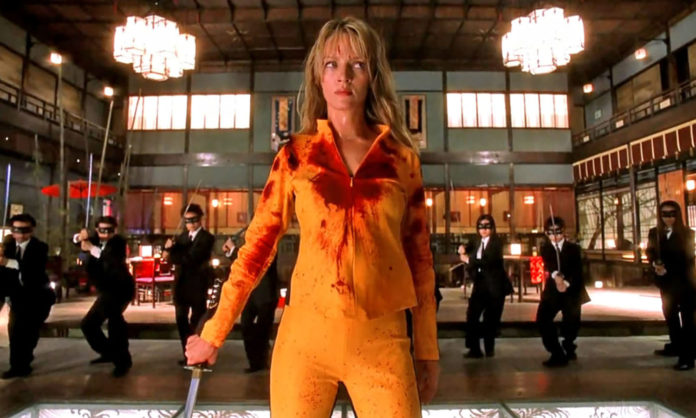In a post on Lit Hub, Elissa Altman highlights the problems with writing for revenge.
In her memoir, Poor Man’s Feast, Altman spent 40 pages dragging a person who had badly wronged her some 10 years prior. “In these pages, the narrative voice was rage-y and furious, the writing was bleating, flailing, and a mass of enraged, disconnected run-on sentences about who this person was and how terribly she had treated me,” Altman writes. “It was an accurate assessment, but when I delivered my finished manuscript to my editor, it came back to me with those forty pages sliced out like a cancer.”
Eventually, Altman realized those pages had nothing to do with her story, no matter how badly she wanted to include them as written. “I needed to get to a place of creative comprehension: that the painful cruelty I had experienced at the hand of this person on one of the worst days of my life had to be transcended in order to get to a place where she could be rendered as the textured, complex character she actually is, and for the narrative to follow suit,” Altman explains.
The desire to hurt those who have wronged us is natural, but should be avoided. “Revenge writing smacks of desperation, of the writer’s back being up against a wall and their coming out swinging,” Altman says. Worse, it’s never very good. “Retribution masquerading as art inevitably fails at the foundational level; it deflates language, renders characters cliched and flat and lifeless,” she adds. “There is a stark difference between the kind of gratuitous revelations that power revenge, and the revelations that actually drive the story forward, without which it would not exist.”
Another question is: What next? Even if you get your revenge on paper, what happens? Will you feel better? Will there be retribution? Will the object of your ire even know you wrote about him? There’s no real answer.
Even so, we’re only human. When Altman writes about someone who has harmed her, she gets it down on paper, and then steps away for a bit. When she comes back to her story, she asks a few questions: Is it fair? What is my intention, and my motivation? Does it move the story forward? Does it belong in my journal? If the answers are yes, the writing may be worth the effort. If not, it’s ok to move on.












